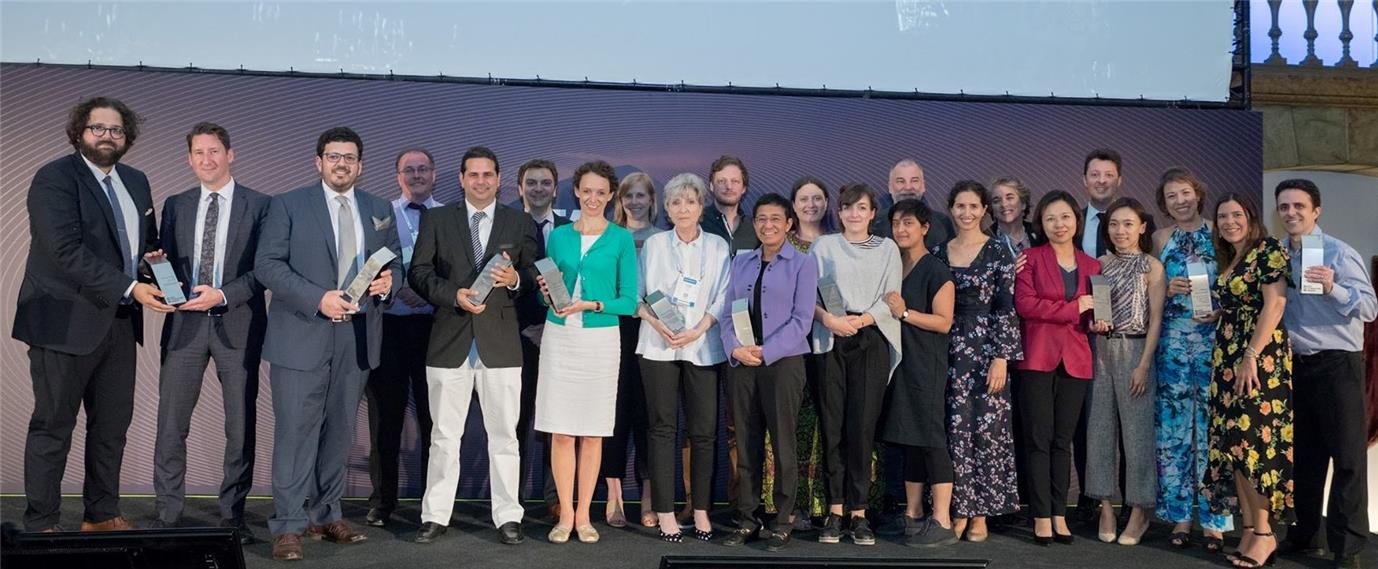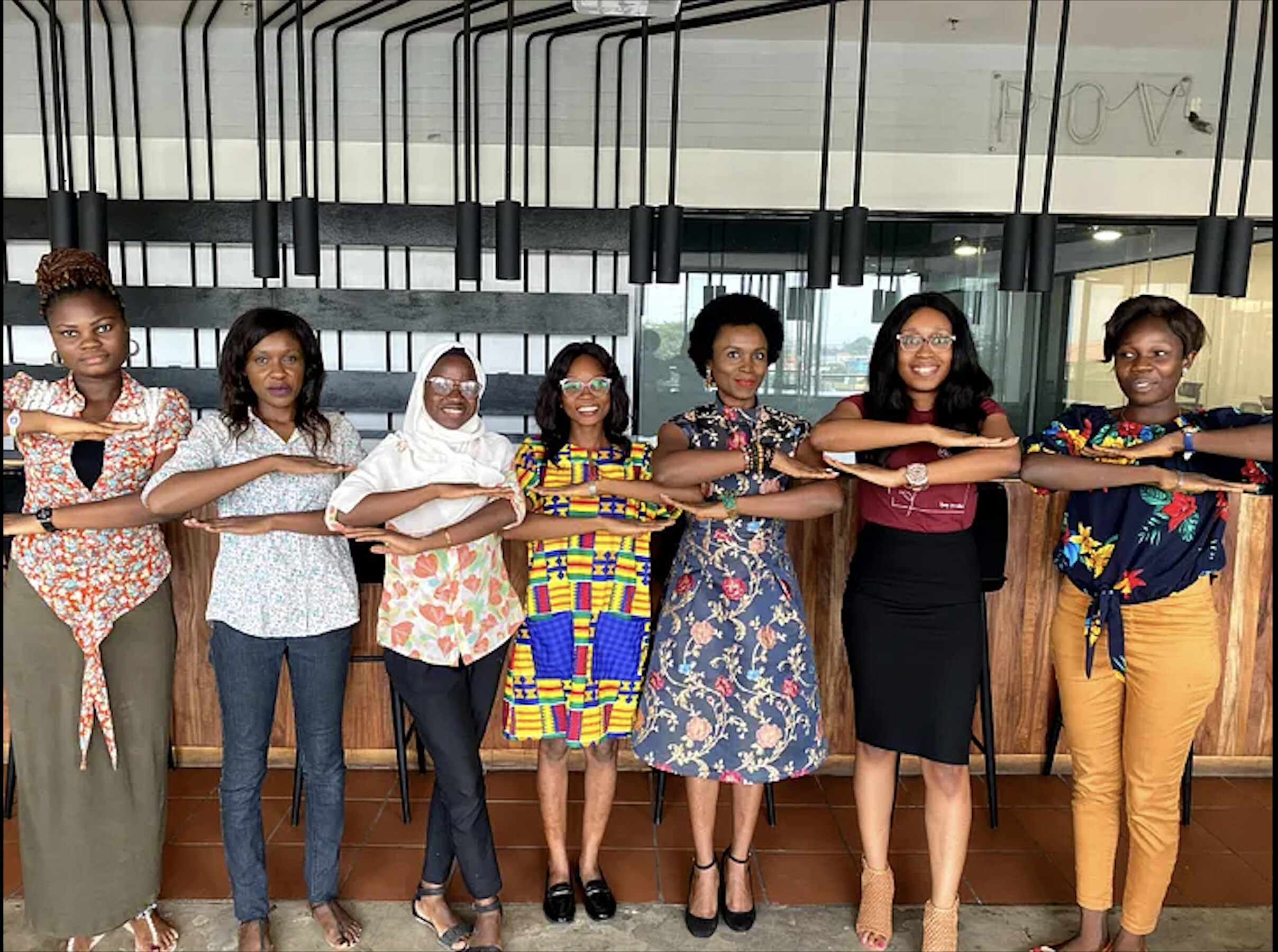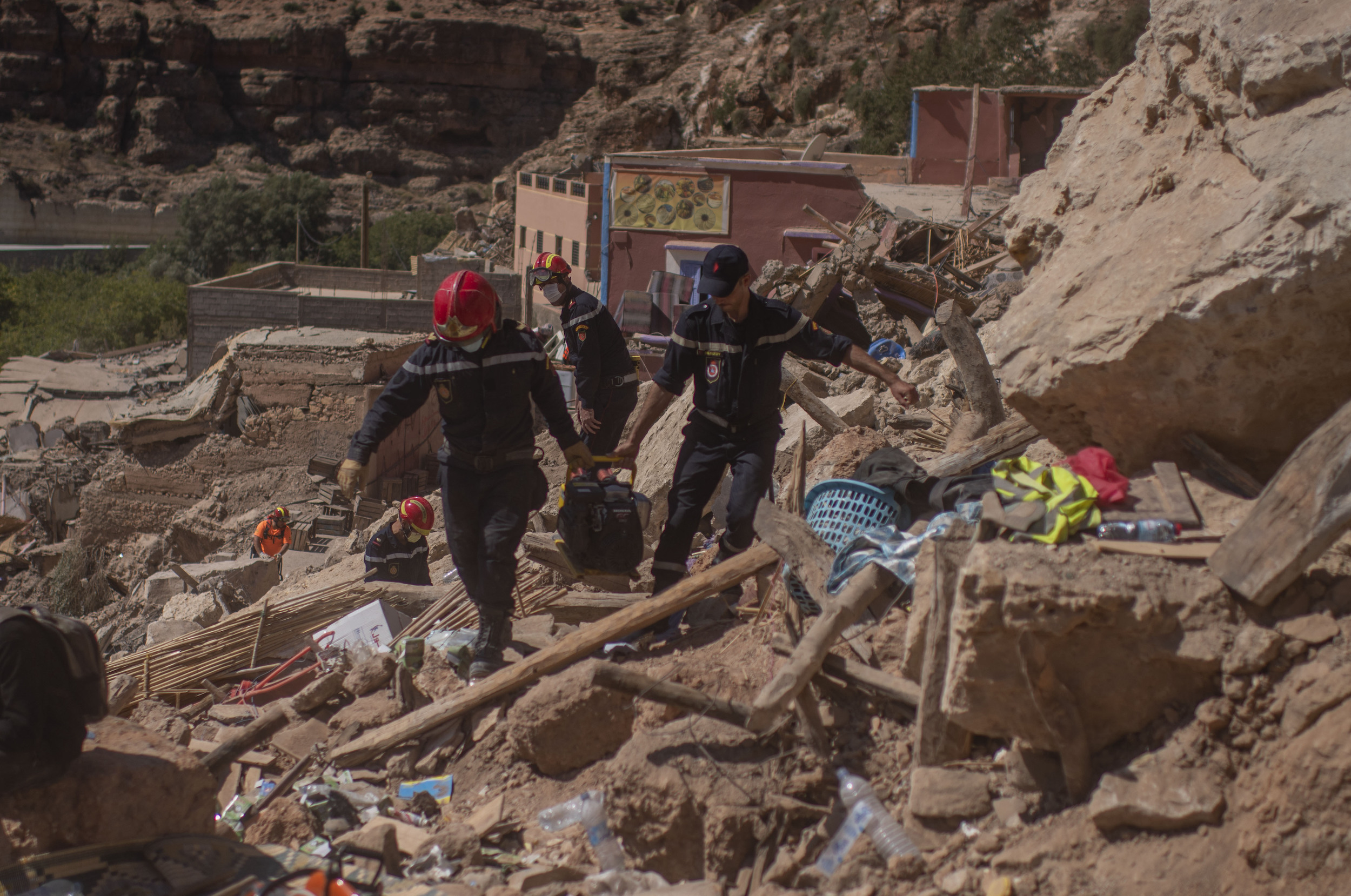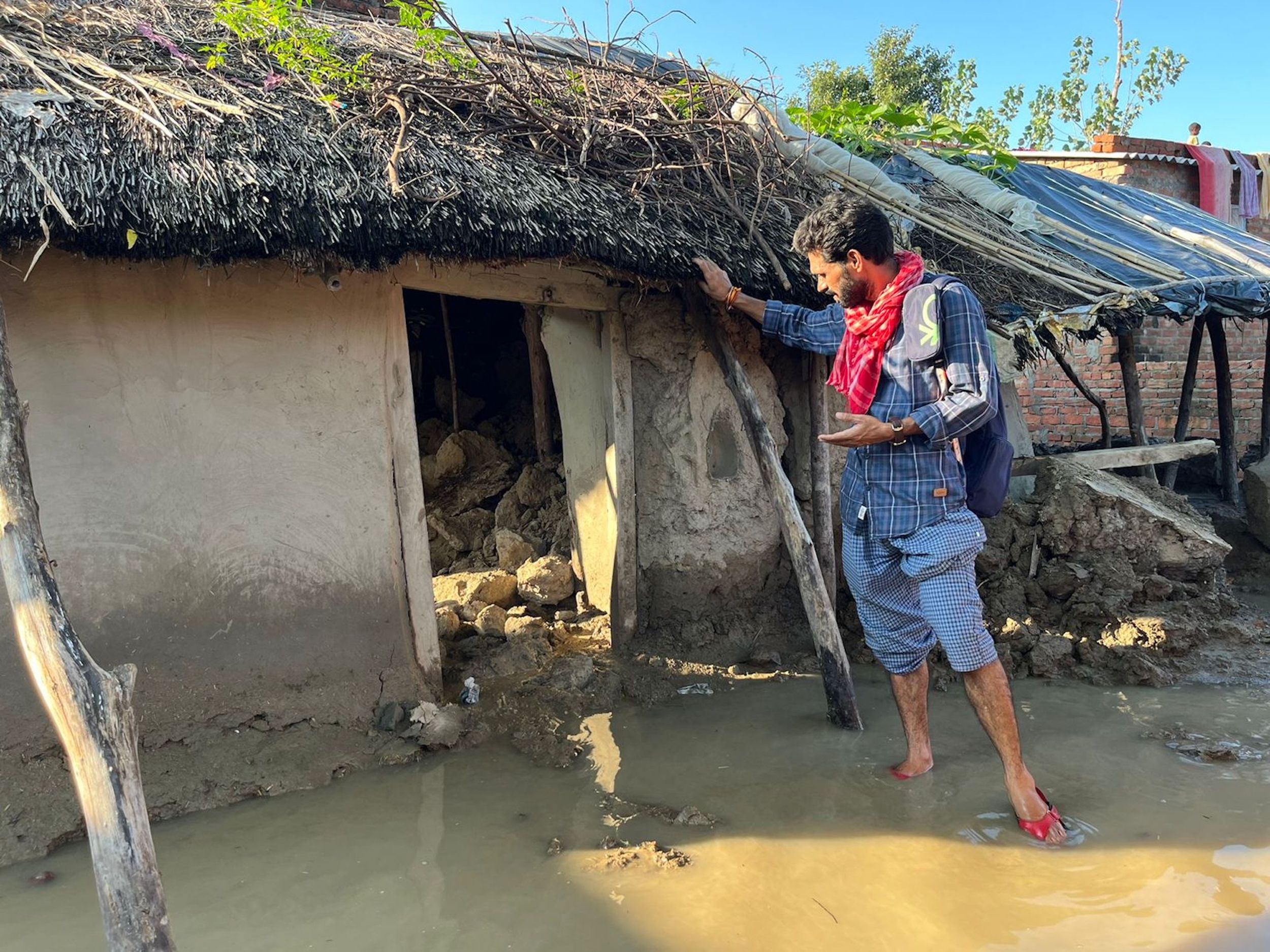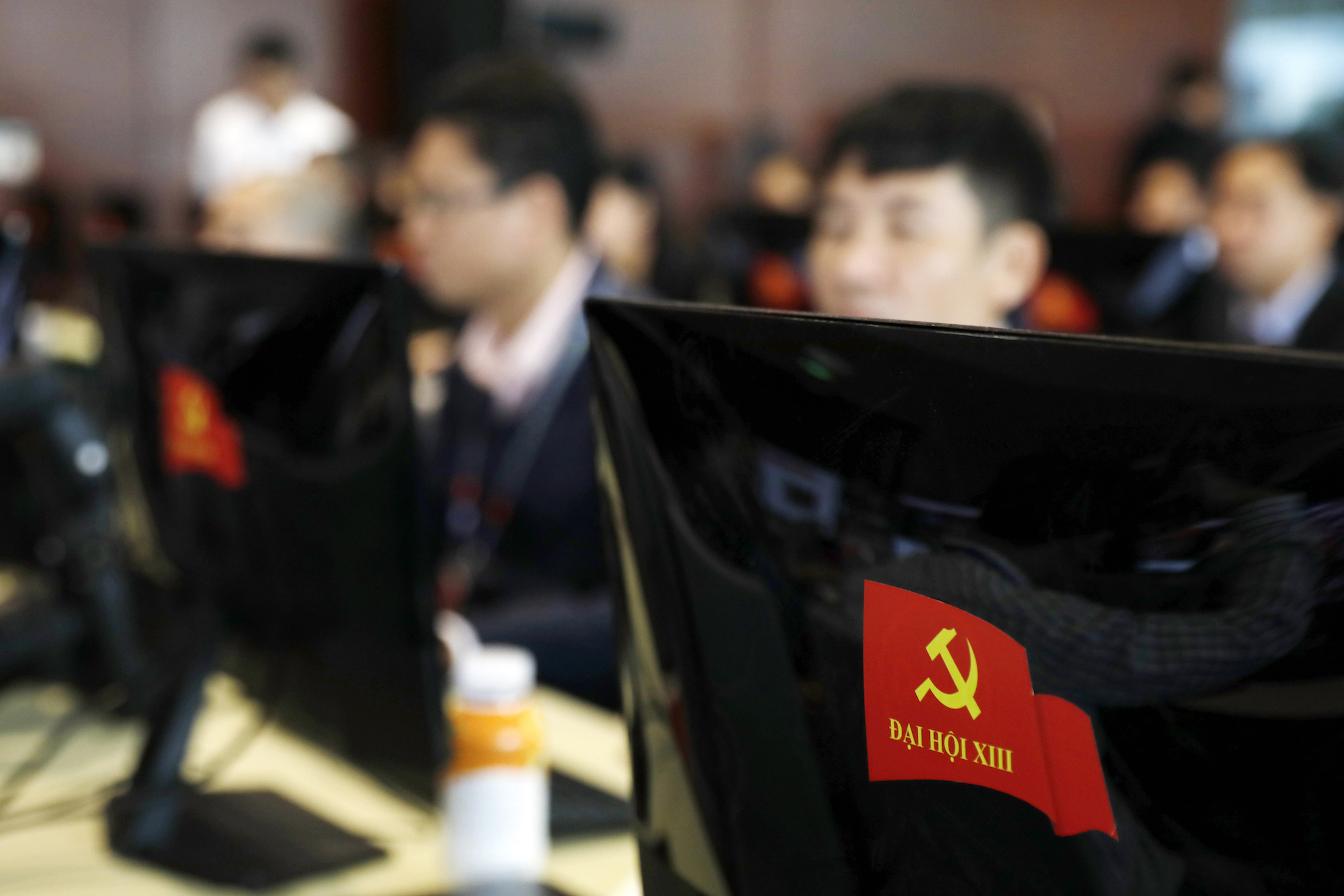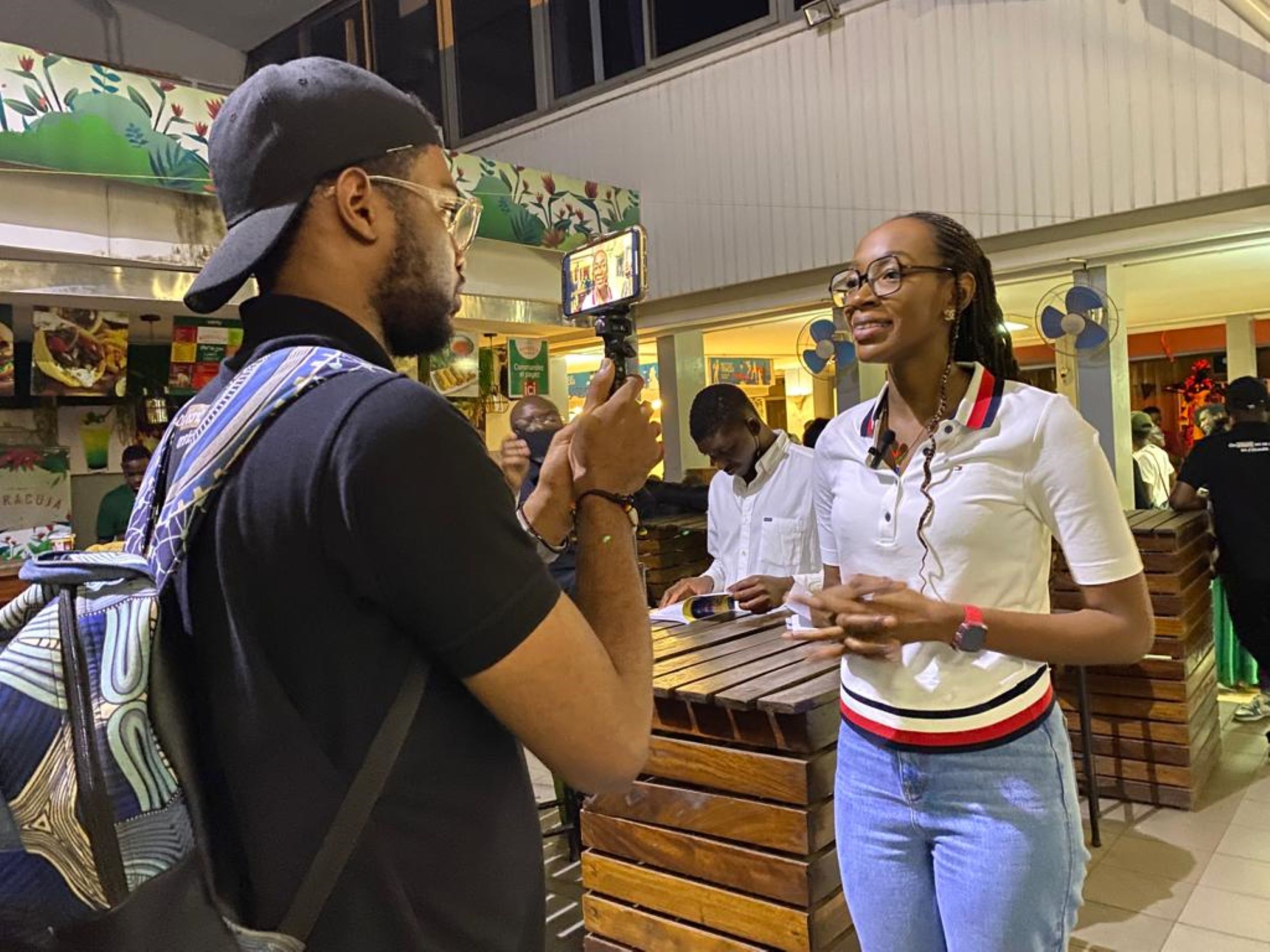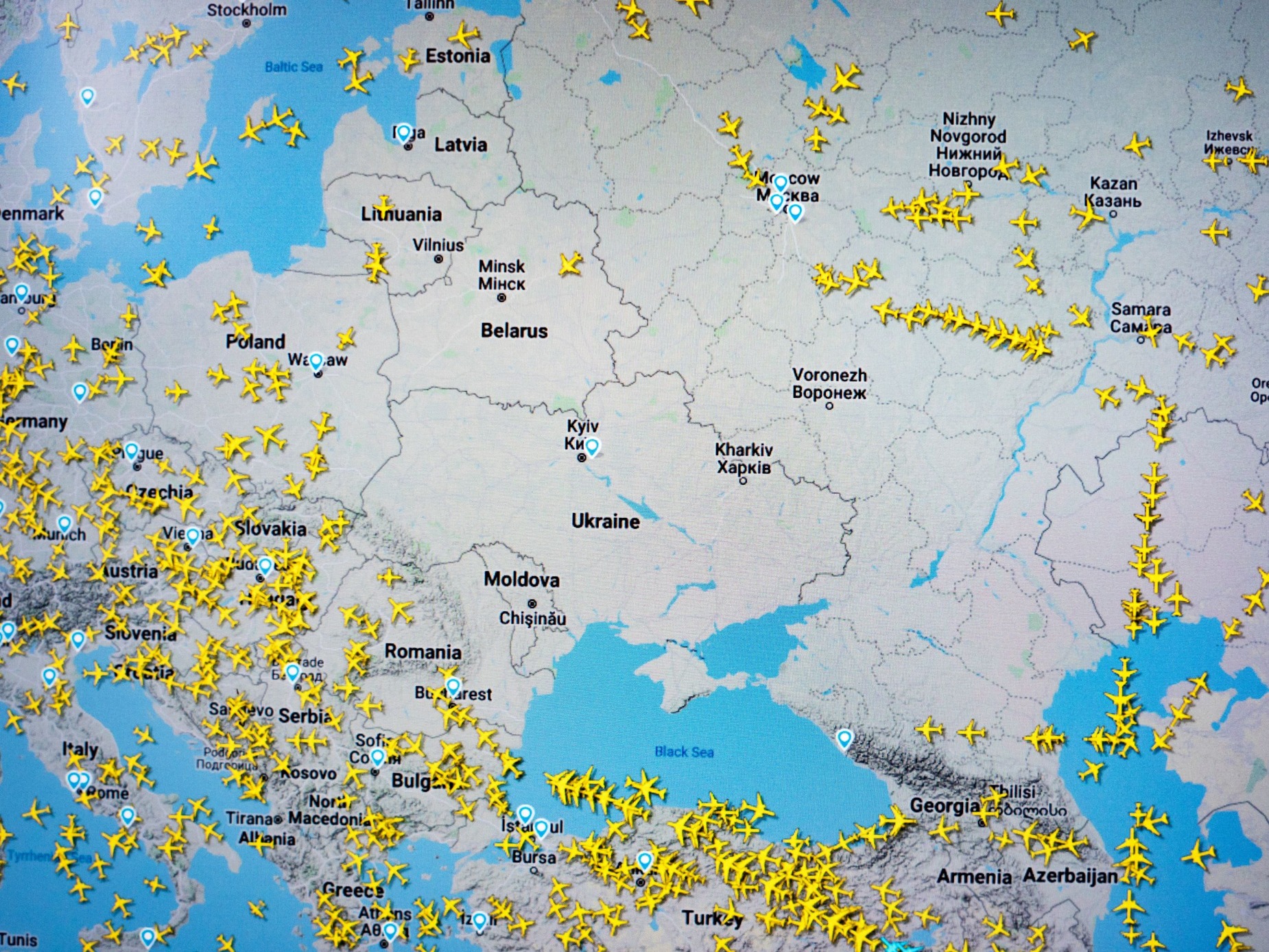"وسط بيئة صعبة، استطاع هذا الفريق الشاب الوصول للبيانات واستخدام برمجيات مفتوحة المصدر لسرد قصص صحفية رائعة لا تقل جودة عن ما تقدمه غرف الأخبار العالمية".
هكذا جرى الإعلان عن فوز فريق "إنفوتايمز" العربي، بجائزة شبكة المحررين العالمية (GEN) لصحافة البيانات لعام 2018، عن فئة أفضل فريق لصحافة البيانات بغرف الأخبار الصغيرة، مناصفة مع "monitor de victimas" من فنزويلا. وبذلك تكون "إنفوتايمز" المنصة العربية الأولى التي تحقق الفوز بالجائزة الدولية الأولى من نوعها (انطلقت عام 2012)، والتي تدعمها شركتي غوغل ومايكروسوفت وغيرهما، وتنظمها الشبكة التي تضم أكثر من 6 آلاف محرر حول العالم.
شارك في المنافسة هذا العام 630 عملا صحفيًّا من 58 دولة، مقسمين إلى 12 فئة، منها: أفضل فريق لصحافة البيانات، وأفضل تمثيل بصري للبيانات، وأفضل موقع لصحافة البيانات، وأفضل تطبيق لصحافة البيانات، بالإضافة إلى فئة غرف الأخبار الصغيرة، التي فازت فيها "إنفوتايمز"، وتشترط ألا يتعدى عدد العاملين بالمؤسسة 30 فردًا.
إنفوتايمز هي شركة تأسست عام 2012، تعمل على تطوير المحتوى الصحفي المدفوع بالبيانات في مصر والعالم العربي، بتقديم التدريبات والاستشارات للمؤسسات الصحفية، وإنتاج القصص المدفوعة بالبيانات، بالإضافة إلى إنتاجها حلول تكنولوجية لمساعدة الصحفيين على التعامل مع البيانات.
وهذا الفريق متنوع ومتكامل رغم قلة عدد أعضائه.. "فنحن منقسمون ما بين عدد من المهتمين بالصحافة والبيانات، وعدد آخر من المهووسين بالتكنولوجيا، ونعمل سويا لدمج التكنولوجيا والبرمجيات مع تقنيات السرد القصصي ومعالجة البيانات"، كما يقول المدير التنفيذي لـ"إنفوتايمز"، عمرو العراقي.
ويتابع العراقي لـ"مجلة الصحافة".. "على مدار العام الماضي، عملنا على نشر عدد من القصص باللغتين العربية والإنجليزية حول القرارات الرئاسية المصرية، جرائم القتل بين الأزواج، الإنفاق العام على الصحة والتعليم، وأخيرا عن ضحايا الإهمال الطبي في أماكن الاحتجاز، وقد تم تكريمنا على مجمل هذه الأعمال".
وصل الفريق بحسب العراقي للترشيحات النهائية لجائزة صحافة البيانات مرتين من قبل، الأولى عام 2015 وقدمت باسمه الشخصي وذلك بقصة عن الإنفاق العام.. "وفِي 2016 وصلنا للتصفيات النهائية تحت تصنيف أفضل موقع مختص بصحافة البيانات".
"هذه الجائزة منحتنا دفعة لضرورة الاستمرار في مساعدة الصحفيين المصريين والعرب على إجادة التعامل مع البيانات بشكل أفضل في أعمالهم الصحفية، مما قد يسهم في سياسات أكثر شفافية في أوطاننا".
يتابع العراقي: "مسؤوليتنا هي دفع صحافة البيانات في مصر والشرق الأوسط إلى الأمام، لنساعد في فتح الأبواب أمام الصحفيين في المنطقة ليؤدوا دورهم كمراقبين وسلطة رابعة بشكل أفضل".
وعن تقييمه لواقع صحافة البيانات في العالم العربي، يقول قائد الفريق الفائز بالجائزة الدولية: "نحن الآن نخطو خطوات جيدة في هذا المجال، بفضل المبادرات الصحفية المستقلة التي استطاعت أن تسبق غرف الأخبار المحلية التي تتسم بالمركزية في إدارتها. وقد ساهم تأسيس شبكة صحفيي البيانات العرب في نشر هذا النمط الصحفي الجديد في العالم العربي من خلال مؤتمر الشبكة السنوي والذي انعقد خلال شهر مارس من العام الجاري وحضره ما يقرب من 500 صحفي من 12 دولة عربية مختلفة".
أما أسباب ضعف صحافة البيانات في وسائل الإعلام العربية، فيرى أنها تكمن في عدة أمور، أولها غياب الشفافية وثقافة البيانات المنظمة مفتوحة المصدر لدى الحكومات العربية أولا، وكذلك لدى منظمات المجتمع المدني في بلداننا، "ولذلك لم يجد الصحفيون العرب أنفسهم بحاجة للتعامل مع البيانات بصورة كثيفة ومستمرة.. كما أن الاتجاه لامتهان وتعلم استخراج البيانات، لم يجد مكانا له خلال الفترة الماضية". ويستدرك العراقي.. "ولكنني أظن أن هذا الوضع بدأ يتغير، وبدأت أعين الصحفيين العرب تتفتح على قوة البيانات حتى وإن كان استخراجها ما زال صعبا".
كما تحدث عن ضيق الأفق في مجال الصحافة العربية، قائلاً: "قليلون من يتطلعون إلى تطور جذري مستمر في هذا المجال، ونحن الآن متأخرون بأميال عن الصحافة الغربية فيما يخص التطور التكنولوجي والأساليب السردية الصحفية، وأظن أن هذه المشكلة بدورها وراءها انشغالنا نحن الصحفيين العرب بمشاكل أساسية أكثر، على رأسها مسألة الحريات المسلوبة، والمناخ العام الضيق".
ما هي صحافة البيانات؟
يعرف الخبراء هذا النوع على أنه "صحافة تنظيم الفوضى"، حيث يعمل من خلالها الصحفي على تحويل كم فوضوي من بيانات لا قيمة أو معنى لها إلى قصة صحفية بصرية يمكن أن تختزل الكثير من المعلومات المهمة والمفيدة عبر رسوم بيانية وأشكال، وعرضها على القارئ في صورة جذابة. إنه هذا النوع من الصحافة التي تعتمد على الأرقام لسرد القصة.
وهذا النوع مختلف عن كافة أنماط الصحافة الأخرى، فهو يعتمد بشكل أساسي على قواعد البيانات حيث يجد الصحفيون قصصهم الخبرية بين ثنايا الأرقام ويضيفون لها أبعادا جديدة، حتى تصبح الأداة الرئيسية لكشف وشرح سياق الخبر هي البيانات.
ويقول الخبراء إن التنافس بين المؤسسات الصحفية وبخاصة المحلية، لم يعد على السبق الصحفي، بل أصبح الأمر يتعلق أكثر بطرق جذب الشريحة الأكبر من الزوار وزيادة نسبة تفاعلهم مع المحتوى الصحفي المعروض على المنصات الإلكترونية.
والمؤلف المصري عمرو العراقي أسس أول موقع متخصص في صحافة البيانات في العالم العربي Info Times، وعمل على نشر أكثر من 300 قصة صحفية مدفوعة بالبيانات، وجذب عبر كتاب ألفه سابقاً الكثيرين لنشر هذا اللون من الصحافة، قائلاً إن "الأرقام كانت وستظل يوماً هي اللغة المشتركة التي يتحدث بها جميع الصحفيين".
